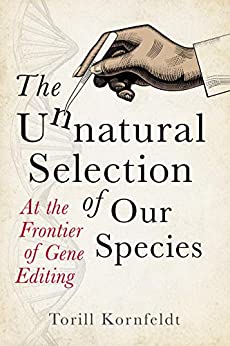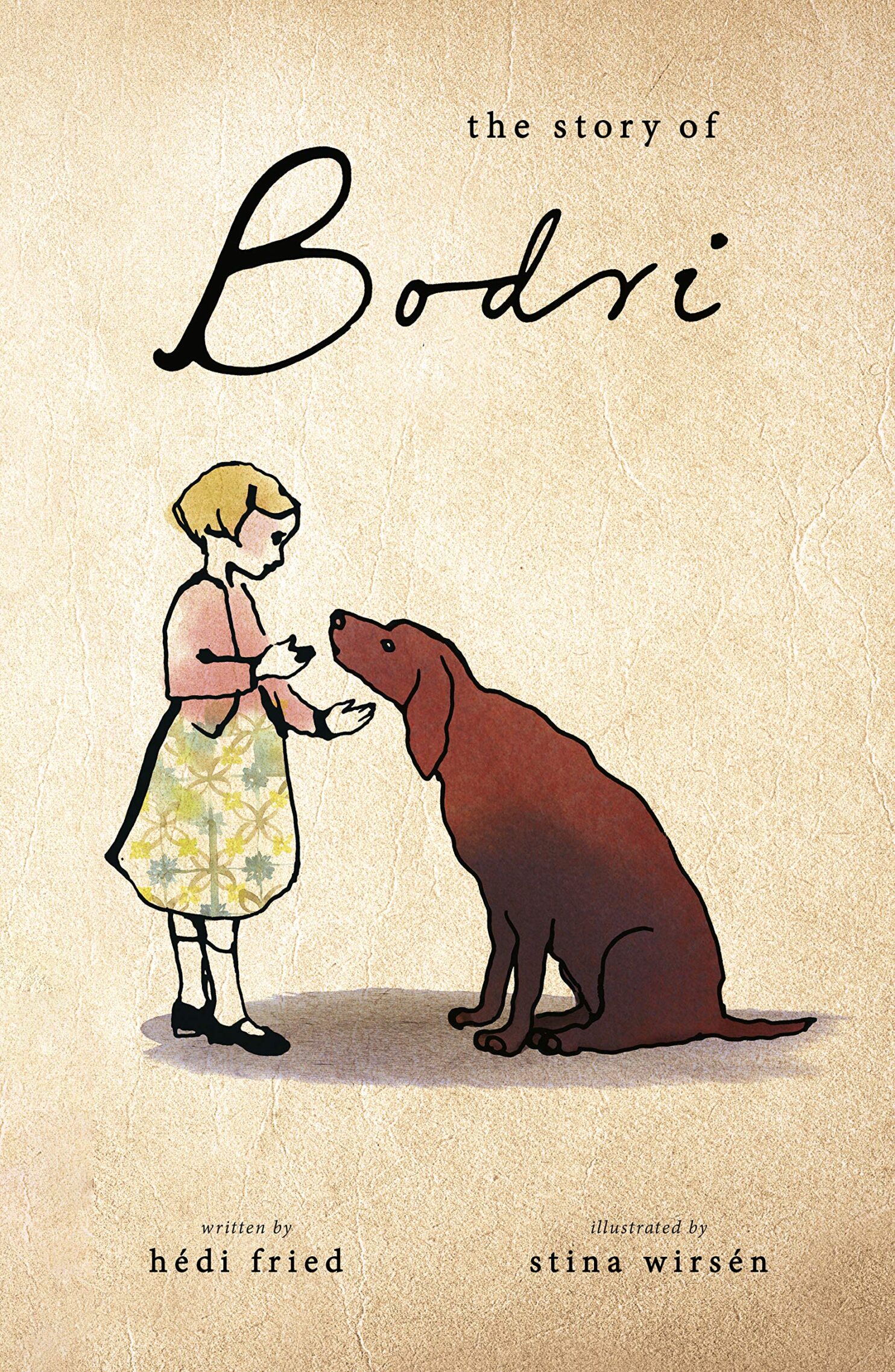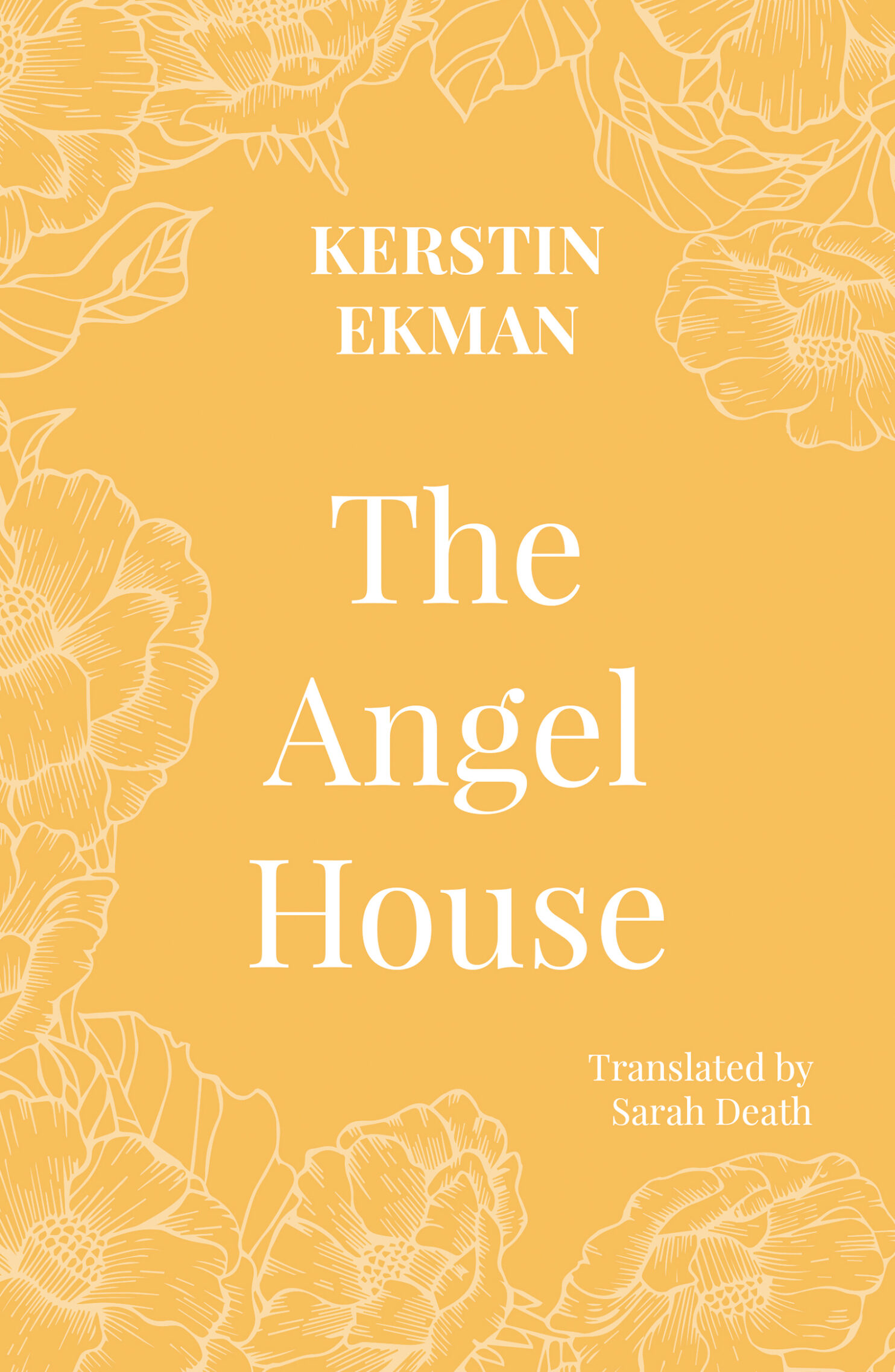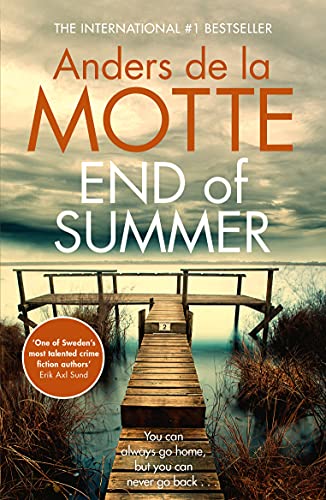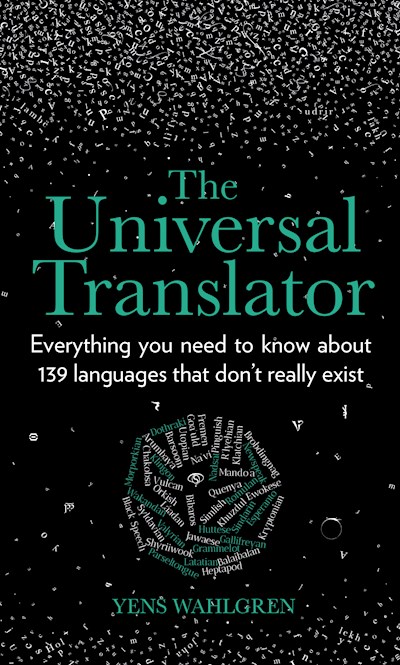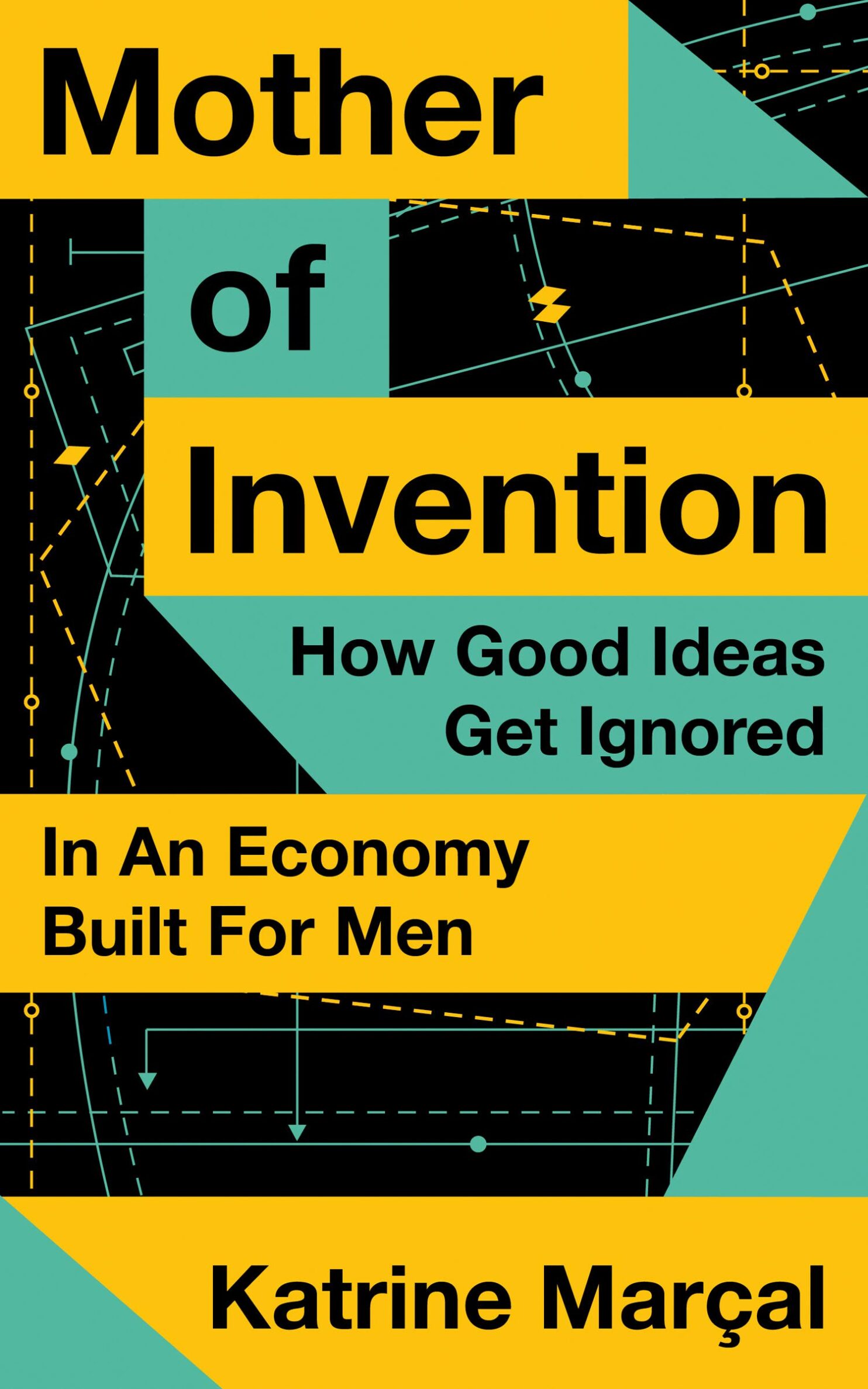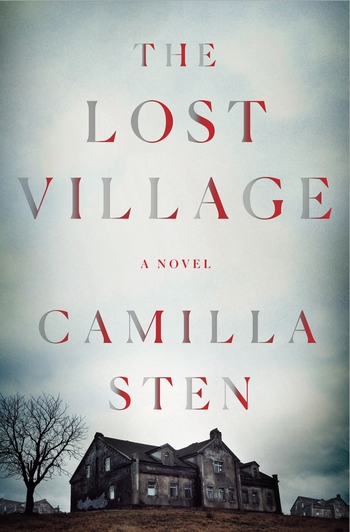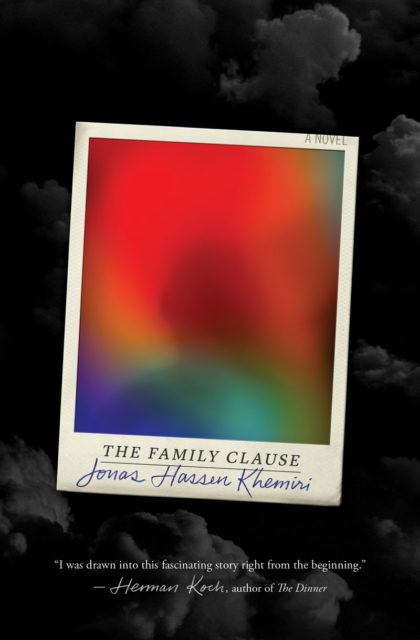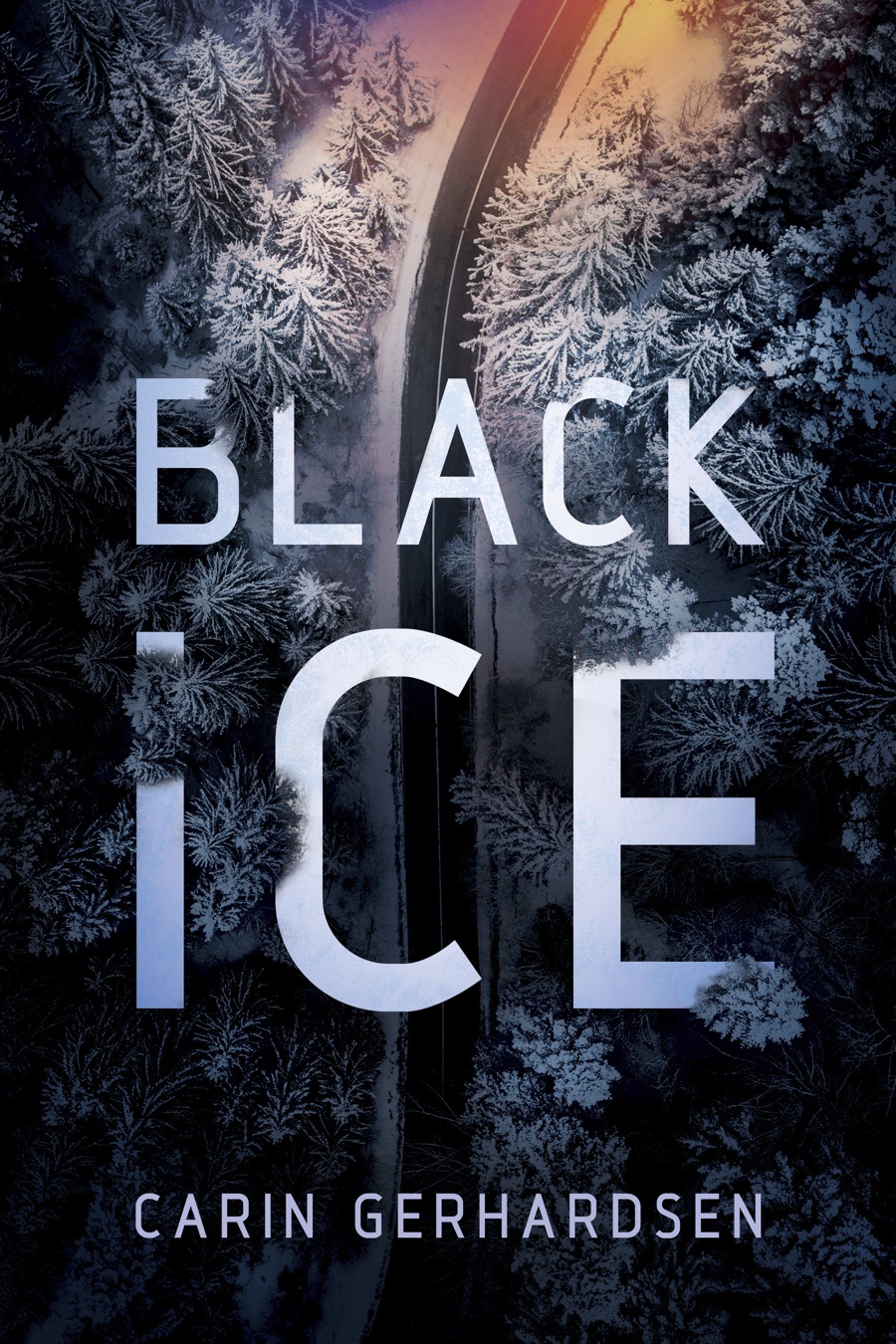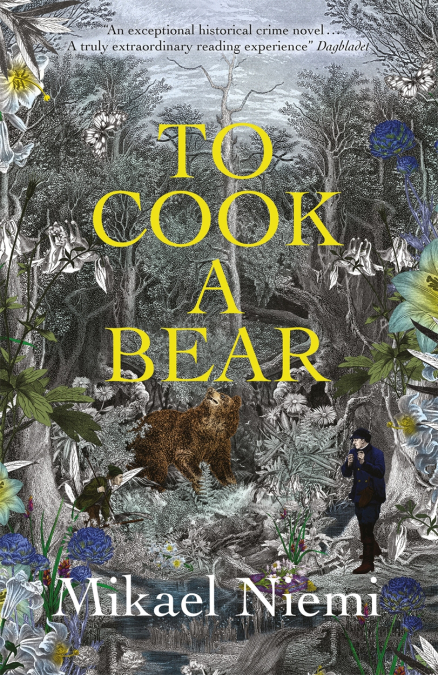A razor-sharp look at the ways women –and their game changing ideas– are excluded from the global economy.
Why did it take us 5,000 years to attach wheels to a suitcase? How did bras take us to the moon? And what does whale hunting have to do with our economy?
Bestselling author Katrine Marçal reveals the shocking ways our deeply ingrained ideas about gender continue to hold us back. Every day, extraordinary inventions and innovative ideas are side-lined in a world that remains subservient to men.
But it doesn’t have to be this way. From the beginning of time, women have been pivotal to our society, offering ingenious solutions to some of our most vexing problems. More recently, it is women who have transformed the way we shop online, revolutionised the lives of disabled people and put the climate crisis at the top of the agenda.
Despite these successes, we still fail to find and fund the game-changing ideas that could alter the future of our planet, giving just 3% of venture capital to female founders. Instead, ingrained ideas about men and women continue to shape our economic decisions; favouring men and leading us to the same tired set of solutions.
For too long we have underestimated the consequences of sexism in our economy, and the way it holds all of us – women and men – back. Katrine Marcal’s blistering critique sets the record straight and shows how, in a time of crisis, the ingenuity and intelligence of women is that very thing that can save us.

